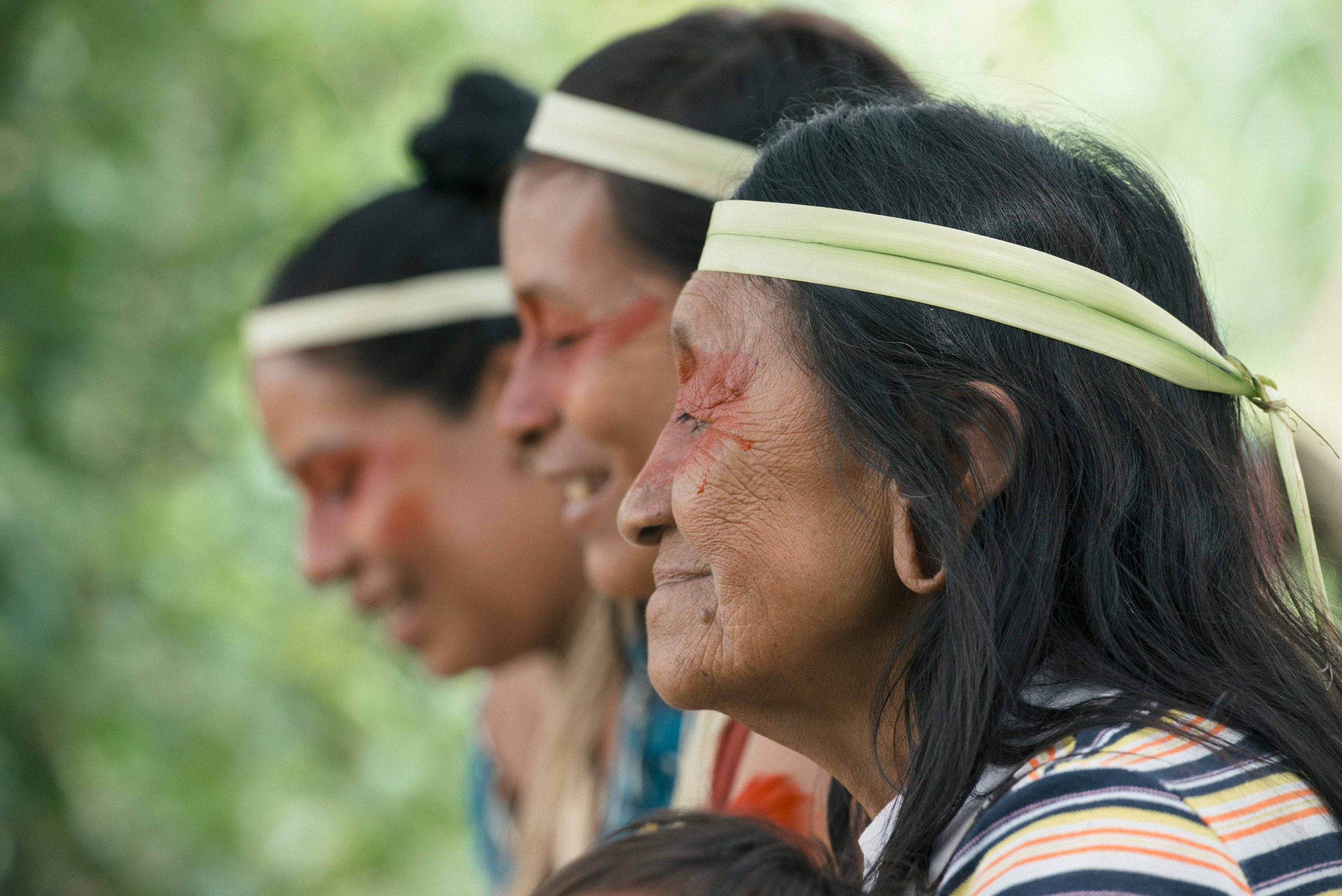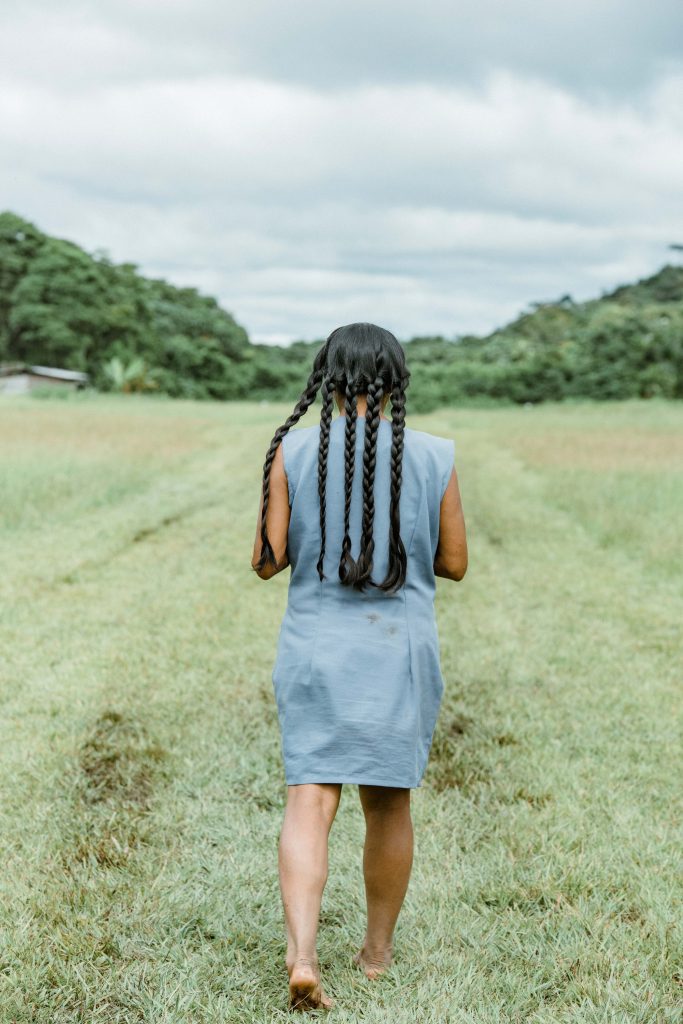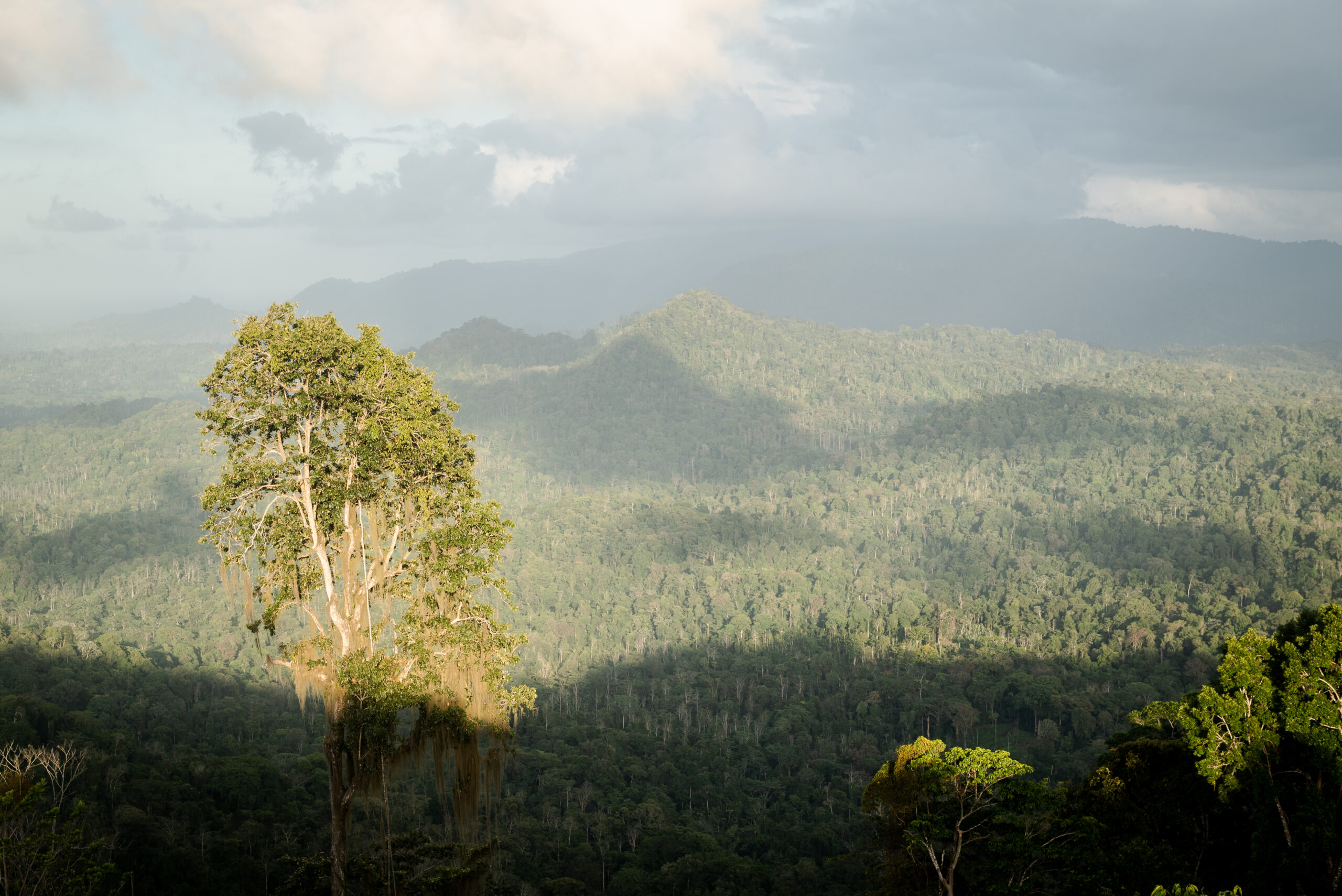Pathways to
a regenerative
future

Indigenous peoples and local communities are the best guardians of our planet’s most vital ecosystems. Their profound traditional knowledge and stewardship are crucial in keeping forests standing, water streams flowing and ecosystems healthy. Every day, Indigenous leaders risk their lives to protect their territories, cultures and identities from extractive industries and the impacts of colonial domination over landscapes, flora, fauna and people.
Indigenous communities have a deep spiritual connection to our living planet, Mother Earth, viewing her as a living entity deserving of respect, love and care. However, this interconnection also places Indigenous peoples among the most vulnerable to the multifaceted impacts of the climate crisis and environmental degradation.
Globally, Indigenous peoples are increasingly asserting their rights, demanding recognition of their knowledge, cultures, and governance systems. There is a growing resurgence of Indigeneity, where Indigenous peoples are reclaiming their roles and power within society and politics. Particularly, Indigenous women are at the forefront, leading initiatives in regeneration, self-determination, social and environmental healing. By revitalizing traditional knowledge, honoring cultural practices, and renewing the cycles of life, they directly address the harms inflicted by patriarchal systems of extraction, destruction and violence.
Impact
In-Depth
Indigenous leadership plays a critical role in the preservation and transmission of ancient knowledge, cultural, spiritual and regenerative practices that have sustained communities and ecosystems for generations and are invaluable in addressing today’s multiple crises.
Indigenous peoples are at the center of global efforts to protect ecosystems and biodiversity. Their traditional ecological knowledge, developed over millennia, offers nature-based, regenerative ways to work with Nature and restore planetary and human health.
Indigenous leaders advocate for land rights, environmental healing, justice and sovereignty. By mobilizing globally and locally, they challenge extractive industries and demand legal recognition and demarcation of their territories to restore their rights and cultural and spiritual ties to the land.
Indigenous women lead community efforts to protect land, language and culture. Supporting their leadership addresses gender inequality and ensures that Indigenous women’s roles, voices and decision-making in economic, social and environmental healing are amplified.
Indigenous leadership is critical in developing alternative, locally-led and ecological economic models, such as Indigenous bio-economies, where enhancing biodiversity creates greater opportunities for livelihoods and regeneration.
Indigenous leaders offer profound spiritual guidance rooted in a sacred relationship with the Earth. This perspective is essential for healing the collective disconnection from Nature that characterizes much of modern society.

Explore our
Indigenous & Community
Leadership Program

